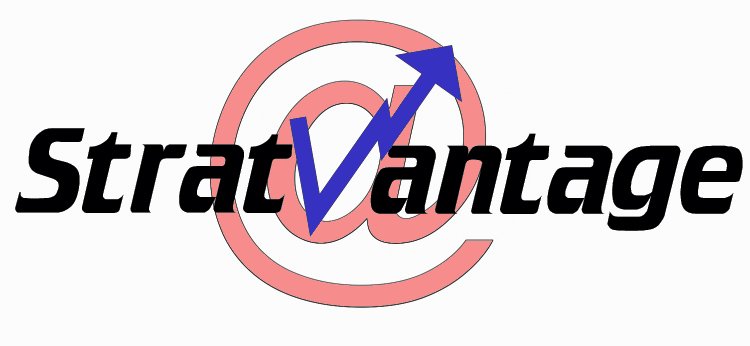From Evernote: |
StratVantage Consulting, LLC — Mike’s Take on the News 05/21/01Clipped from: http://www.stratvantage.com/news/052101.htm |
The News – 05/21/01
Briefly Noted
- Shameless Self-Promotion Department: Geneer has published Open Source and Your Business the latest in their newsletter series, The Geneer Business Report. The article was written by yours truly.
- Jupiter Research says 32.7 percent of US Internet users’ online time was spent on AOL in January. As if that weren’t enough, 74.8 percent of US residents with home Internet access visited sites within AOL’s community.
- KB Toys successfully bid $3.4 million for eToys’ intellectual property. As a shareholder of the now-defunct eToys, I’m a little disappointed. eToys had a tremendous brand and seemed like a survivor. However, the downturn in B2C eCommerce and a dismal Christmas performance shot them down.
LA Times - Who knows what will happen in the area of mobile commerce, or "m-commerce"? Nobody, really, but that doesn’t stop the pundits from making projections. eMarketer presents a roundup of current thinking.
- Cahners In-Stat Group predicts that almost 1 billion Bluetooth products will ship in 2005.However, Forrester predicts that Europeans will be slow to adopt mobile payment systems until after 2005. And AT Kearney says interest in mobile shopping is falling off. In June 2000, 32 percent of mobile phone users in Asia, Europe, and the US said they would buy products or services from wireless retailers. Now, only 12 percent remain interested.
- eMarketer also reports on trading volumes on online exchanges. For example, almost 11 percent of the cattle sold in Q1 were sold online. Moo.
- The US moratorium on Internet taxation ends in October. There have already been some rumblings from the states about taxing online purchases. So naturally Congress appointed a commission to look into the matter. Oddly, that didn’t help. But if Internet purchases are to be taxed, something must be done about the 7,500 tax jurisdictions in the US. Otherwise it’ll be mayhem for online retailers.
- NeuLevel , the domain name registrar in control of the new .biz domain, has announced a three-step process for beginning registrations. Trademark owners can start the registration process today and have until July 9 to try to reserve their trademark.biz name.
- The American Arbitration Association (AAA) has released its “B2B E-Commerce Readiness Study.” The survey of 100 senior executives at Fortune 1000 companies found that more than 70 percent of those surveyed have already moved part of their supply chain online and a like number expect to complete building their B2B e-commerce supply chain within the next two years. This is a rather small sample, so I wonder how representative it is. Still, the study represents a tremendous vote of confidence in B2B eCommerce.
- Spreichen zie Web? US-based English-speakers are already the minority on the Web. This means businesses need to get serious about globalizing their Web sites. An Aberdeen Group report states that by the end of 2000, fewer than 35 percent of Web users were US citizens and only 48 percent of total users were English-speaking.
- DeliveryPoint has created a solution for Internet retailers of hard goods and groceries: a pass-through refrigerator accessible from outside the home and secured via electronic codes customized to the delivery. This is a really great idea, but is a little pricey at this point: ₤7000. The unit has freezer, refrigerator and ambient temperature compartments. The delivery person has a one-use-only code to open the unit, and the consumer can open it from the inside to retrieve the purchases.
Can’t Get Enough of ME?
In the unlikely event that you want more of my opinions, I’ve started a Weblog. It’s the fashionable thing for pundits to do, and I’m doing it too. A Weblog is a datestamped collection of somewhat random thoughts and ideas assembled on a Web page. If you’d like to subject the world to your thoughts, as I do, you can create your own Weblog. You need to have a Web site that allows you FTP access, and the free software from www.blogger.com . This allows you to right click on a Web page and append your pithy thoughts to your Weblog.
I’ve dubbed my Weblog entries “Stratlets”, and they are available at www.stratvantage.com/stratlets/ . Let me know what you think. Also check out the TrendSpot for ranking of the latest emerging trends.
Return to Mike’s Take
